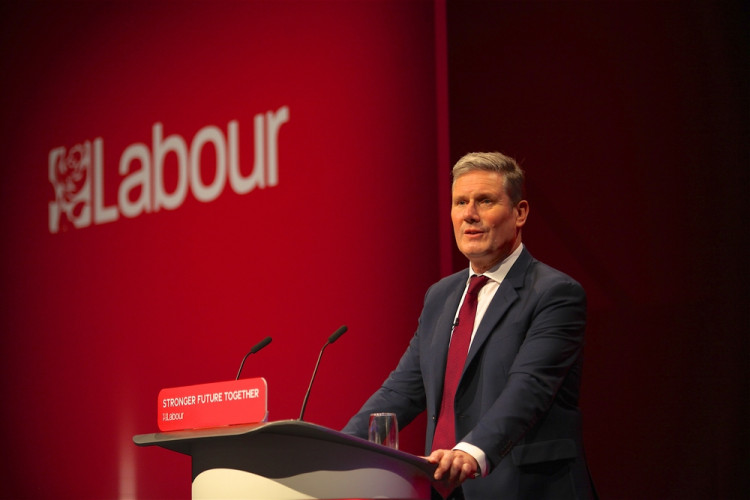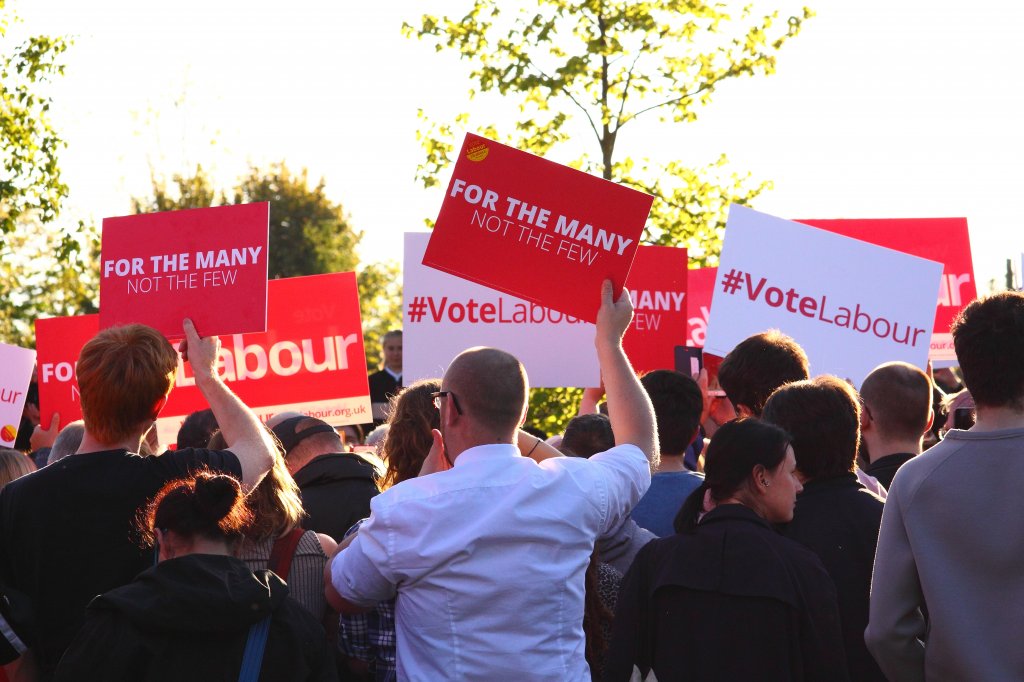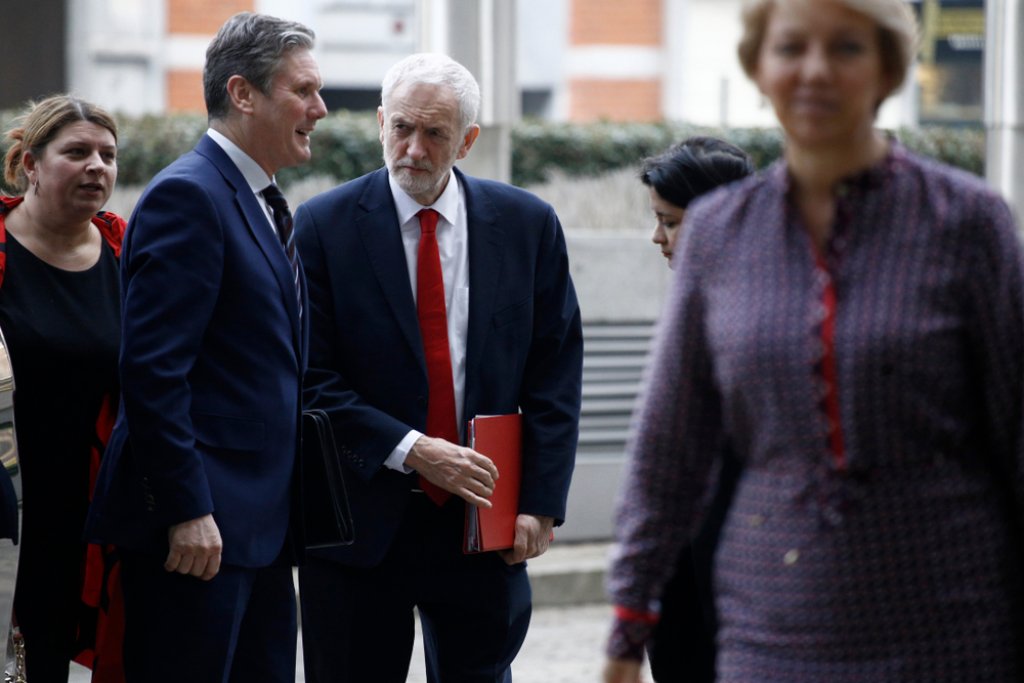You had to pinch yourself. A room rammed with frontline politicians and business executives on a Monday night. Slick presentation, highly professional staff. Banking and media executives preaching a new era of partnership between business and government. A party leader talking about what they had learnt from a trip to Davos.
Not an event held by a Conservative government in its prime, but a reception hosted by a Labour Party 120 seats from power and nearly two years out from an election.
A business agenda
For Labour folks who have cut their teeth in an era of perpetual opposition, the last few months have been head-spinning. With the Government in meltdown, both Labour and business haven’t so much stepped as jumped to one another. Last autumn’s conference was marked by a big uptick in corporate attendance and the most serious attempt by the party to engage UK Plc in a decade. Since then, shadow ministers have been inundated with requests to meet from government affairs teams, leading the party to lay on more events like last Monday’s reception to help them to manage the demand.
To keep up the momentum, the party is getting more serious on the substance. In conversations with business, Shadow Cabinet members have emphasised their desire to make the UK more “investible”, an issue becoming more acute for multinational HQs alarmed by what they read about Britain in the global press. Labour’s industrial strategy launched last autumn drew explicitly on thinking within industrial circles about the future of the global economy, playing back language such as “sovereign capabilities” to business. A £28bn a year climate spending pledge has been superseded by the Biden administration’s trillion-dollar clean energy plan, but is a clear signal from Labour that it will prioritise clean growth amid wider spending restraint.
Yet it is far from plain sailing ahead. While many businesses welcome Labour’s language about partnership and talk of new government-industry councils, such rhetoric can smack of outdated corporatism to companies used to a free-market approach from the UK. The mishandling of business by successive Conservative administrations – especially at Business Day of the last Tory conference – means Labour shadow teams will have little room for error when engaging executives running out of patience with the British political scene.
The long-term view?
What should be of greatest concern to Labour is what happens when companies begin probing the long-term direction of the party and its policies. The leadership and business chiefs are already at odds behind the scenes on a cautious approach to immigration. Party insiders dismiss the prospect of widespread nationalisation on Day 1 of a Labour government – there is too much in the in-tray for that, they argue – but business leaders are bound to question whether the party’s plans for sectors such as rail represent the limit of its ambitions. While many businesses currently assume a Labour landslide, a narrowing of the polling gap would start to raise concerns about the influence that the lingering band of Corbynite MPs in the Commons would have over a minority Starmer government.
Both sides can take steps now to plan for every eventuality. The quality of Labour’s business relations team means the party is well-placed to adapt its messaging for different corporate cultures and find a ‘rough language’ that helps shadow ministers to speak to C-suite rather than constituency Labour Party priorities. More detail about the limits to state-backed initiatives like GB Energy will soothe concerns of more free-market executives. For its part, businesses need to look beyond lazy media comparisons with 1992 and 1997 and consider how a 2010 outcome – a hung parliament – would impact their risk registers and engagement plans. This will ensure the warm feelings of the evening before do not become tomorrow’s hangovers.
Larry Smith is a Director in Hanover’s London Advocacy team and leads the Group’s dedicated offer to support businesses in preparing for a Labour government. For more information, you can email him at [email protected].










